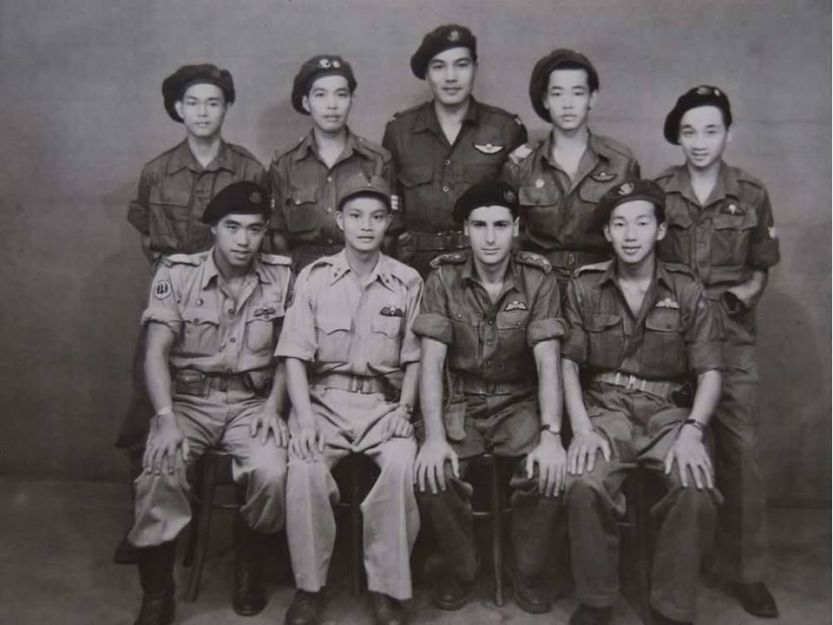Ted Campbell briefly discusses a “new” plan to recruit (some) soldiers for special forces units directly from civilian life:
Lee Berthiaume, writing in the Globe and Mail, says that “The Canadian Forces are considering whether to recruit elite special-forces soldiers straight off the street rather than forcing them to follow the traditional route of first spending several years in the military … [and] … The idea, which is still being debated, comes as Canada’s special forces – and the military as a whole – look at radical new ways to attract and retain people with the skills and experience needed to fight tomorrow’s wars … [some insiders suggest] … That includes not just computer experts, for example, but also those with different ethnic and cultural backgrounds and language skills, as the special forces aim to operate more effectively in different parts of the world.“
First, I agree that “tomorrow’s wars”
willmay require some more people with scarce or special skills than we are likely to need in conventional or traditional military operations, but, despite the fact that a) I have been retired for almost a generation’s worth of years, and b) I was never in special forces, I am confident in saying that a special forces soldier is, first an foremost, a soldier and then, after much training, a special soldier.Second, there is nothing new about recruiting special forces soldiers, right off the street, because they possess some special skills …
… but the men in the picture underwent horrendously difficult military training before they were ‘streamed’ into the special forces (Force 136) and sent to South East Asia to fight.
I take MGen Peter Dawe, Commander of the Canadian Special Operations Forces Command [at] his word when he says that “This is not about achieving set quotas or anything else … [and] … From a hard-operational perspective, do we have the right mix of people with the right sort of background, education, language, ethnicity, gender … that will allow us to do what our government expects us to do and will expect us to do in the future?” I believe that any focus on gender is politically inspired rubbish; I know that many women can do everything that many men can do, sometimes better ~ their gender is totally and completely irrelevant.
I also know, from discussion with serving members, that the Canadian Forces have an across the board recruiting and retention problem. The solutions to the recruiting and retention (both matter, equally) problems include
- Better pay and allowance ~ that’s always a pretty obvious solution to part of the problem;
- Separate pay for leadership (rank) and for skill (trade) ~ it has been over 50 years since Paul Hellyer screwed up the rank/trade system (especially the junior leadership ranks) in a (very welcome by all who, like me, were serving then) attempt to solve a remuneration problem. It’s well past time to revisit the whole pay and allowances system;
- Newer and better equipment ~ who can blame young, hotshot fighter pilots for not wanting to fly 30+ years old, hand-me-down from Australia, jets? Who can blame sailors for being tired of constant sea duty in old warships? Who can blame soldiers for showing disdain for an Army that cannot even issue them proper boots or replace a World War II vintage pistol? and
- Fight! This may seem counter-intuitive, but history and experience and academic studies all say that the best recruiting sergeant, better even than a pay raise and shiny new equipment, is the voice of guns. Now, I know this is exactly 180º out of phase with the current government’s policies and also goes against what many (most, I suspect) Canadians think their military ought to be all about, but neither the government nor many people really know or care much about he health of the military.




